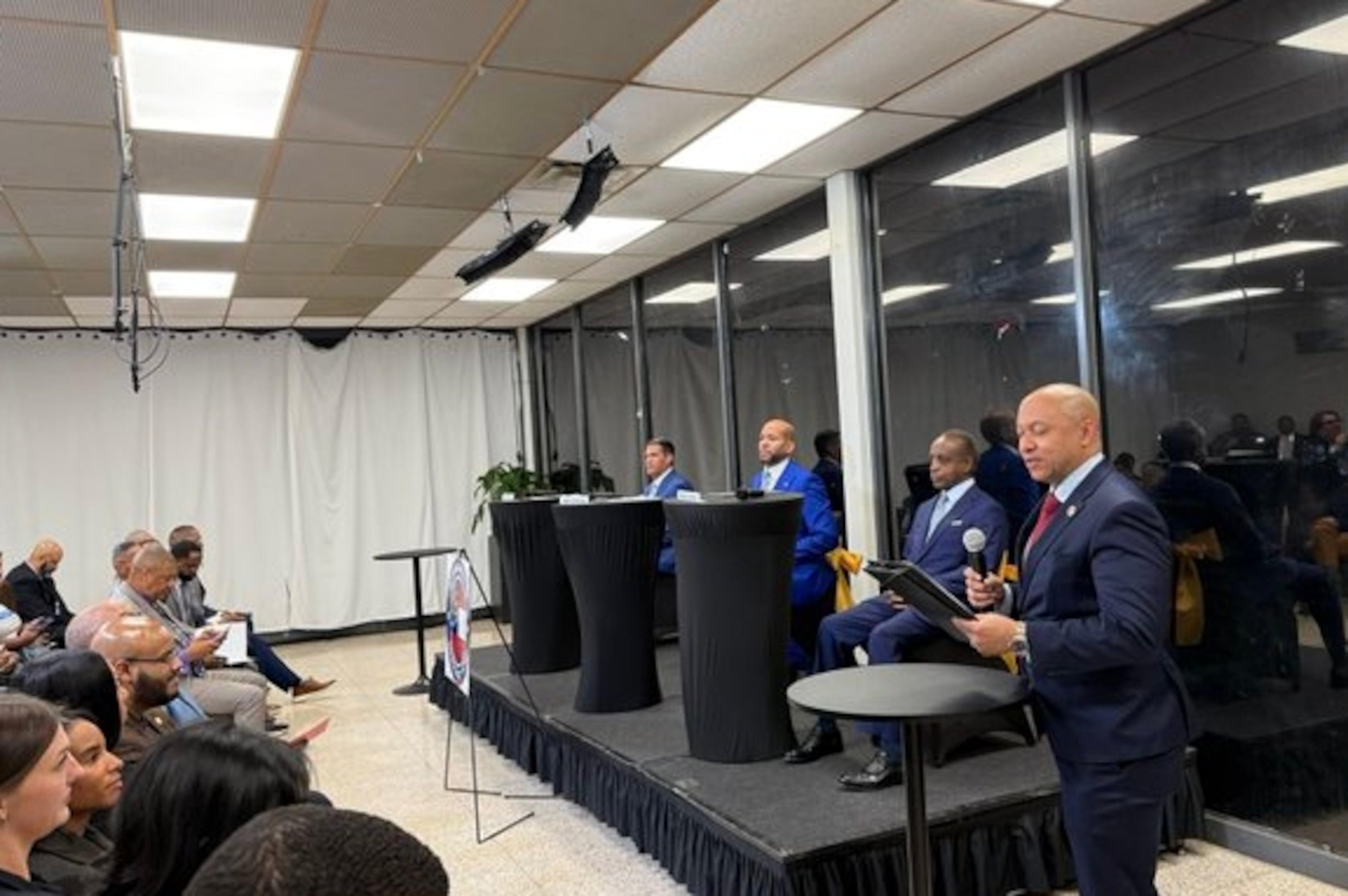This time, it’s the Democrats who need to change

When I woke on Nov. 9, 2016, and saw Donald Trump had been elected president of the United States, I started to look for ways to make change. I spent the next six years of my life as a partisan, running race after race to flip Georgia’s 7th Congressional District (and, ultimately, after great effort, succeeded).
When I woke on Nov. 6, 2024, and saw that Trump had been elected president again, it was different.

I see the various Democratic leaders urging Democrats to organize and #Resist. But I don’t feel the same urge to run to the barricades. I’ve lost confidence in the Democratic Party as constituted as a vehicle for change.
It’s not that I don’t think that Trump will be bad news for Georgia and this country. I do. If he does what he says he will, the cost will be high. The corruption and chaos, poor management and disregard for democratic norms and institutions will return.
No, the problem is that the Democratic Party has lost its way. The party is in hoc to identity politics; its intellectual underpinnings have become deeply entangled with neo-Marxist theory; and it is now dominated by an array of interest groups that demand allegiance to policies often out of touch with basic American values.
I know these are not the words of comfort some wanted to hear, but perhaps the silver lining is that this election opens the door to the creative destruction necessary to build a viable and broad-based coalition for the Democratic Party.
Democrats lost badly despite Trump’s unpopularity. Inflation and the economy played a major role, but a close second was values.
Trump’s closing argument included an ad showing Vice President Kamala Harris talking about supporting taxpayer-funded gender-affirming surgery for unauthorized immigrants. This convinced voters that Harris, a Black, Asian American woman from San Francisco, already suspect, does not share the values of most Americans.
The ad was a “three-fer”: Harris does not share American’s values about immigration, sexual identity or the use of hard-earned tax dollars. Further, she said these things in 2019, at the height of the resistance to Trump, during her campaign for president in 2020.
It has been said over and over, but I will say it again: Trump was not popular in 2016. Democrats had the chance to seize the center — wide open for the taking — but instead moved further left. In 2020, the American people narrowly voted for Joe Biden. But, in 2024, the American people called the Democrats’ bluff.
Identity politics exacerbates racial divisions. I warned Democrats that they faced a racial fissure in the Democratic Party, particularly damaging in a place like Georgia. It’s a problem that there are only three white male Democrats in the Georgia legislature out of about 100 Democrats.
Democrats don’t have to pander to the delicate sensibilities of white men; but white men (and women, for that matter) need to see that Democrats actually want them in the boat, share their values and care about their problems.
The intellectual underpinning of this fissure, whether recognized or not, is critical race theory with its racially based oppressed/oppressor, colonizer/colonized narratives. These theories might be appropriate for considering the historic roots of racism and the challenges of certain social structures, they are inappropriate as a foundation for public policy in a pluralist democracy, much less for a political party that needs a broad-based coalition to succeed.
In this vein, the solution is not to have “White Dudes for Harris” or make “white” hires in the opposite direction (see: Gov. Tim Walz). Rather, Democrats need to rebuild the party and its intellectual underpinnings that speaks to a set of shared values that transcend racial and ethnic lines. We are all in this boat together.
President Barack Obama did this. Harris started down this path during her campaign but was unable to complete the pivot.
The work is not going to be easy. The interest groups that feed on the identity politics narrative are entrenched. Money pours into groups that claim they are going to “organize marginalized communities” — regardless of whether these populations constitute a “community,” perceive themselves as “marginalized” or particularly want to be “organized.”
The very language that Democrats and their many allies use needs to change.
Meanwhile, there is plenty to work with. What happened to health care as an organizing policy for Democrats?
And last, the other silver lining of a new Trump administration is that he will provide Democrats with new openings and opportunities to reframe themselves and their message in the days to come.


